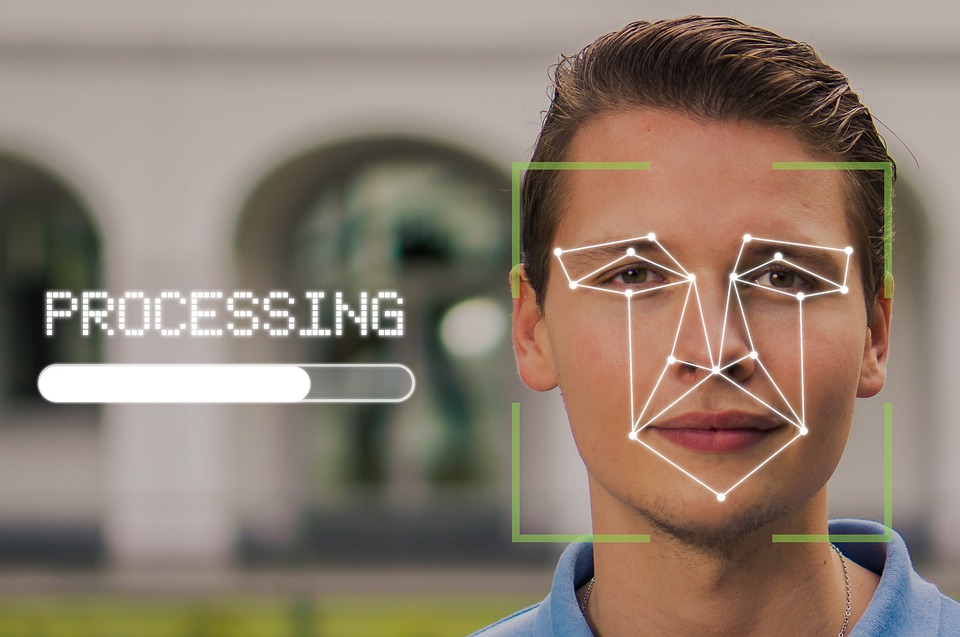When the IRS announced that it would start using facial recognition, my first thought was that webcams on public computers were about to become a thing in a hurry. My second thought became more of a thought quagmire, as I struggled to absorb all of the privacy implications for library patrons that would bring. Thankfully, the IRS scrapped that plan (under pressure, of course). Despite the fact that it can be wildly inaccurate and can breach privacy in significant ways, facial recognition tech isn’t going away and it’s very much in use.
“This is one of many important wins to come, and I think everyone really has to ask, ‘What kind of society do we want to live in? Do we want the face to be the final frontier of privacy?'”–Joy Buolamwini, founder and executive director of Algorithmic Justice League
- The Hidden Role of Facial Recognition Tech in Many Arrests [Wired] “Across most of the US, neither police nor prosecutors are required to disclose when facial recognition is used to identify a criminal suspect. Defense attorneys say that puts them at a disadvantage: They can’t challenge potential problems with facial recognition technology if they don’t know it was used.”
- Activists pushed the IRS to drop facial recognition. They won, but they’re not done yet [CNN] “In the wake of the IRS’s decision, some government agencies are rethinking their need for facial-recognition technology. The United States Patent and Trademark Office told CNN Business it’s continuing to re-evaluate a plan that, as of April 9, is set to require anyone who wants to file for a trademark to first verify their identity with ID.me or with a paper form through the mail.”
- Secret facial recognition: Texas wants to sue Meta into bankruptcy [The Rio Times] ” Texas is suing Meta for thousands of billions of dollars, alleging that Meta violated Texas law by billions of dollars with automatic facial recognition. The allegations are against Facebook, which has automatically biometrically screened uploaded photos for over a decade, and Instagram.”
- How Wrongful Arrests Based on AI Derailed 3 Men’s Lives [Wired] “The policy includes requirements for random audits and annual reports reviewing use of the technology. A coalition of civil rights and community groups, including the Arab-American Civil Rights League and the ACLU of Michigan, opposed the new policy due to concerns that the tech will disproportionately impact immigrants and communities of color.”
From the Ohio Web Library:
- Facial Recognition Is Dead.(Bass, D., & Bergen, M. (2021). Facial Recognition Is Dead. Bloomberg Businessweek, 4720, 34–36.)
- Privacy concerns raised as Met deploys retrospective facial recognition system: The Met Police will deploy retrospective facial recognition software in the coming months amid continuing controversy over the use of biometric technologies by law enforcement bodies (Skelton, S. K. (2021). Privacy concerns raised as Met deploys retrospective facial recognition system: The Met Police will deploy retrospective facial recognition software in the coming months amid continuing controversy over the use of biometric technologies by law enforcement bodies. Computer Weekly, 6–11.)
- Facebook Sets Plan To Shutter Its Facial Recognition Technology. (DEAGON, B. (2021, November 2). Facebook Sets Plan To Shutter Its Facial Recognition Technology. Investors Business Daily, N.PAG.)


